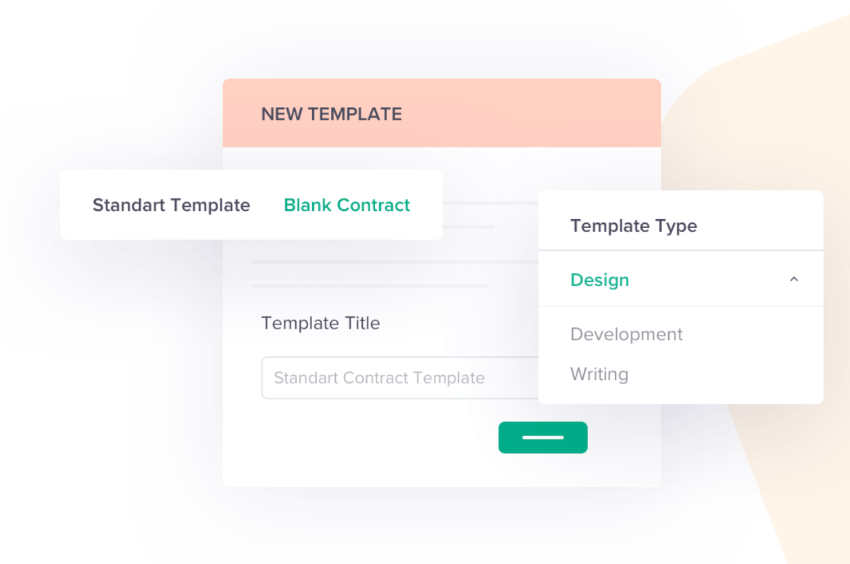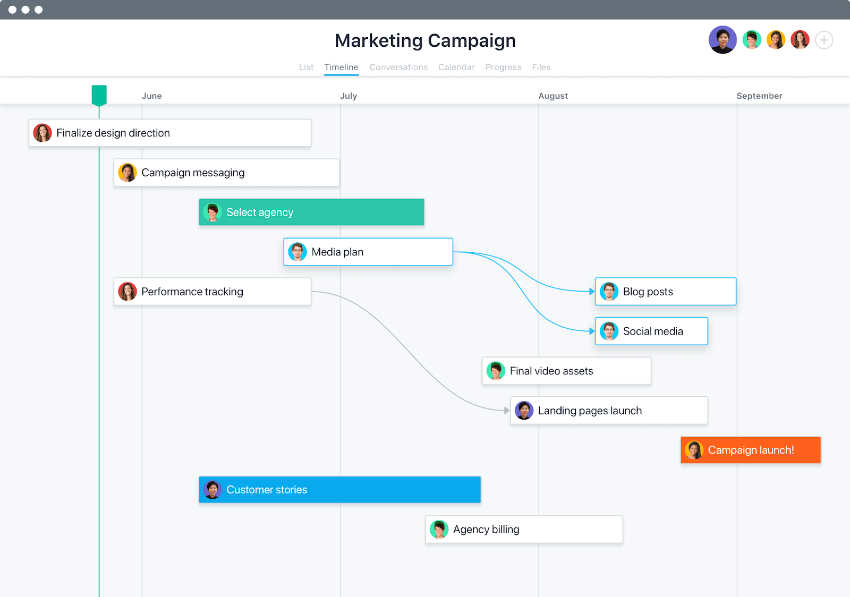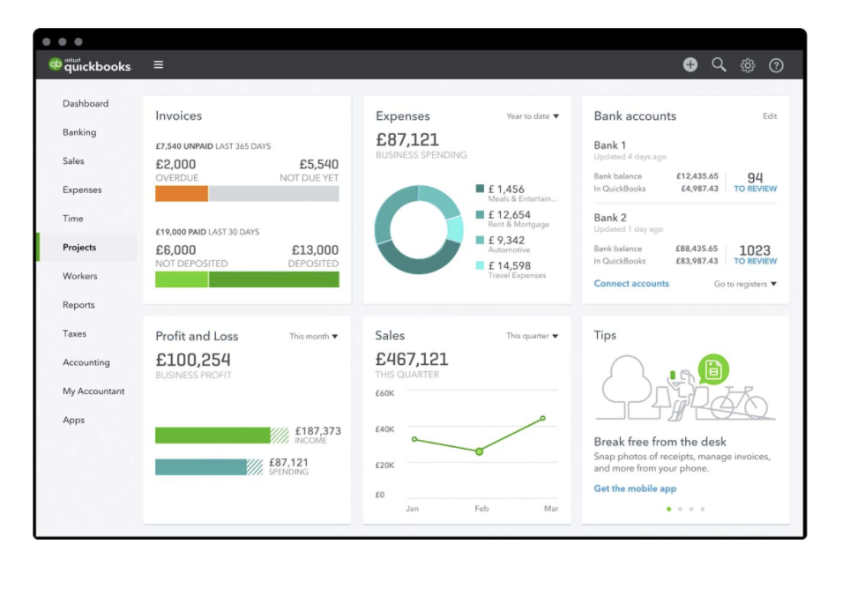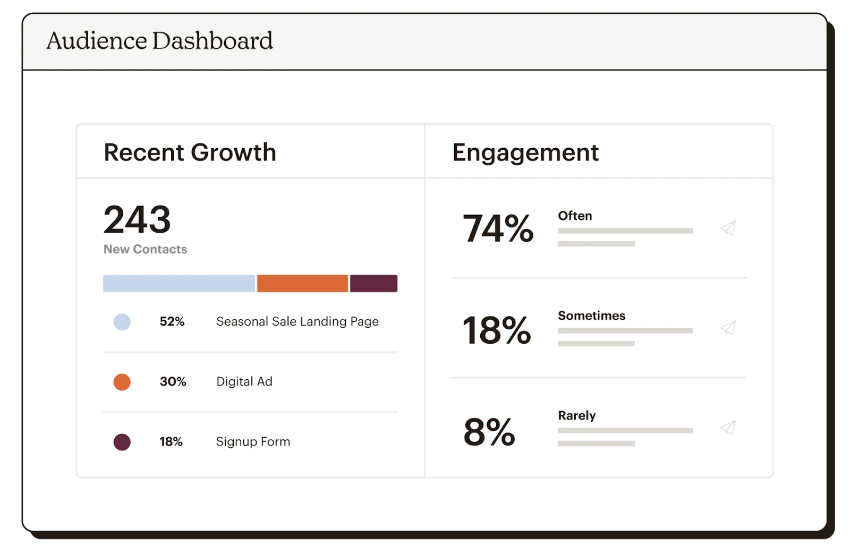Show:
Top 5 SaaS Tools Every Business Owner Should Know in 2022
Software as a service is an industry that’s grown incredibly over the last few years with SaaS organizations operating in over one hundred countries around the world. Many businesses can benefit from implementing such tools in place.

In this article, we’ve put together the top five SaaS tools every business owner should know in 2021. Regardless of the industry, your business is in, there are plenty of tools out there that can cater to your needs as an organization. Whether that’s to streamline work processes or provide the assistance needed to complete tasks.
What is SaaS?
SaaS, or otherwise known as, software as service, is a cloud-based service that runs via an internet browser. Before the cloud existed, you would need to download the software to your desktop PC or business network.
The software application itself could cater to a variety of different things whether it’s to help with employee management to designing and creating content online.
Depending on the type of business you have, there may be certain tools that are more useful to you than others. However, the below suggestions will likely be useful for most.
1. Bonsai for contract templates
Whether you’re a freelance business or small business, drafting up contracts may feel like navigating a minefield. Particularly so when you have limited knowledge of how contracts are formulated. Some businesses and individuals may not have easy access to a legal team that many big organizations will have.
A useful SaaS tool that many utilize within their toolkit is Bonsai. Bonsai helps many self-employed and small businesses that are struggling with contract creations that may be taking up hours of their time. The time that many of these smaller businesses and enterprises cannot afford to waste.

The tool covers many different types of contracts and there’s a wide range of templates to choose from. For example, if you’re a company that provides wedding planning services, then Bonsai’s wedding planner contract will certainly come in handy.
The template, like many others, inputs all the relevant information you need and the user then simply customize it to their business. Having created over 150,000 contracts to date, Bonsai is great for any business that needs a tool to help with contracts of all kinds. It ensures nothing gets missed out and that you remain fully protected with a legally binding document in place.
2. Canva for online graphic design
Any business with limited design resources can find a great benefit from online graphic tools such as Canva. This SaaS tool is one that many are using when it comes to all forms of content creation. Whether that be posters, infographics, social media posts, and much more.

Canva as a whole certainly has a plethora of features and resources that you can use, all for free for the most part. There are, of course, some premium aspects of the site that many businesses may benefit from investing in on a subscription basis. However, for the most part, it gives the user everything they need to create professional graphics.
The tool is simple enough to use and the site has a whole section dedicated to articles and how-to guides to help understand the platform. They also offer courses for those who want to get more out of the tool itself.
It’s a very versatile tool that has expanded out to many industries including non-profits and educational organizations. This is certainly a SaaS tool that would be criminal to miss out on, especially when it’s free to use.
3. Asana for project and team management
Project and team management are two essential parts of running a business. You may have many different clients that you’re managing at once so making sure they’re all being catered for in the right way is important. The same goes for your team and putting the right processes in place to look after their wellbeing within the company.
Thankfully, there are many software tools out there that can help with project and team management. One of which is Asana, a platform designed with collaboration in mind. The platform works as a central point to manage various projects you might be working on and to manage the individuals that are working on each task.

With Asana you can assign tasks to each person individually or a combination of staff where necessary. You can create timelines so that you can oversee upcoming deadlines and tasks that need completing before they can progress to the next stage.
Again, it’s another platform that for the most part offers a free, basic version. However, if you’re wanting to use it for collaboration, then it’s recommended to upgrade in order for more of your teams to access it. Asana helps you organize and manage the running of your business, in regards to your projects and staff, easily.
With less room for error and more scope for growth, Asana is one of many management tools that you should look to use or invest in.
4. Quickbooks for accounting
For small businesses or start-ups, it’s found that 66% of them will face financial challenges with 43% claiming the most challenging is paying operating expenses. This may include staffing and not every business can afford their own finance team.
Quickbooks has been providing financial support through bookkeeping for twenty years. Handling finances and ensuring cash flow is healthy is important to the health of the business in general. Many problems can exist in the expenditures and how much money is left before any profit comes in.

With a tool like Quickbooks, you can manage all the income that’s coming in and monitor your expenditures to check that there’s enough money in the pot. The tool also allows you to draft up invoices and to organize the payroll.
Accounting can certainly contribute to the overall health and growth of the business. With money available to spend, it can be utilized in areas that need it in order to expand further.
5. Mailchimp for email marketing
Mailchimp is last but not least in this list of helpful SaaS tools. For marketing, there are various avenues of potential promotion for the business. From social media marketing to email, there are plenty of ways to advertise your business to the masses.
With Mailchimp, it provides the ability to collect emails using relevant call-to-actions or sign-up forms on your website. It can keep it all in one list or segment it into different groups in order to personalize the user experience.

The tool also goes beyond email marketing itself by providing a wealth of other features that include:
- Build your own website.
- Content studio for creating dynamic content.
- Insights and analytics.
- Audience management.
It’s a useful tool for all types of businesses whether you’re a freelancer, start-up or a developer looking for assistance. There are certain features available for free but there’s a lot more that can be accessed with a subscription.
Like Canva, Mailchimp has a catalog of resources to help you better understand the tool and how to maximize its use when it comes to your own objectives as a business.
Benefits of using SaaS tools
There are many benefits to using SaaS tools and it’s something that many businesses would agree on. With 80% of businesses already using at least one SaaS application, it’s useful to take advantage of an ever-growing market. Some of these benefits include:
Opportunity for scale and growth
A lot of software as a service tools can offer scalability. With many start-ups and small businesses that have a lot of potential for growth, it’s useful to have resources that can adapt and grow with the company as it progresses. SaaS tools give the flexibility of being able to scale both up and down as and when it’s required.
Easy for integrations
Some of the SaaS offers integrations with other SaaS tools that you may already be using. Being able to streamline certain work processes can make it easier for your employees to get their work done. It also helps save time and that means more attention elsewhere within the business where it might be needed.
Tools are accessible for everyone
Regardless of your technical abilities, a lot of these tools have been developed in order to cater to everyone. So for example, Canva, although a design platform, can still be used by others outside of a company’s design department.
Accessibility is an important trait for many of these tools and that’s what makes them appealing to many businesses, particularly those with limited resources.
If you’re looking at investing in SaaS tools, be sure to do your research. Many of the SaaS tools will be free to use with premium options available. You may find that your company can benefit from the basic access without having to spend money. Find the tools that cater to your needs and requirements as a business both currently and moving forward.
About the author:
Natalie Redman is a freelance writer for many clients across multiple industries. Natalie has two years of copywriting experience. Natalie has a wide range of experience copywriting for web pages for businesses across many industries. She’s also an owner of two blog websites and a Youtube content creator.

 Return to Previous Page
Return to Previous Page








